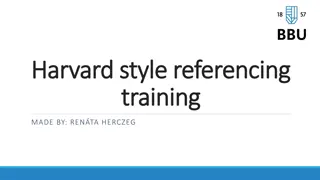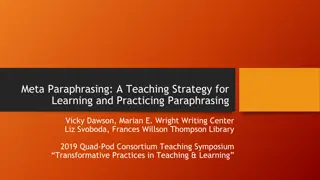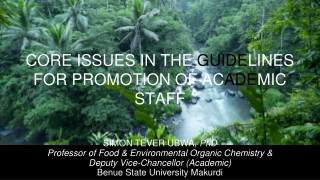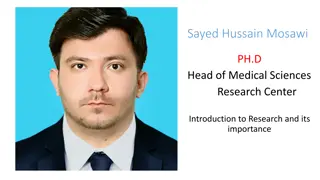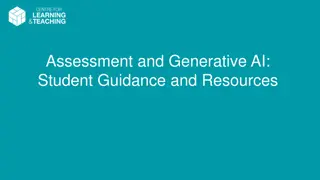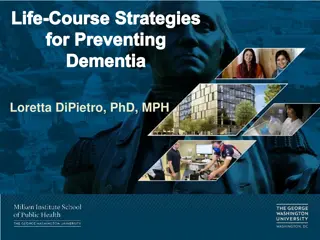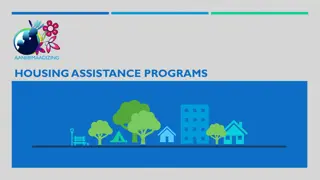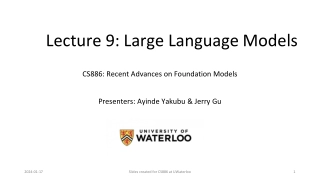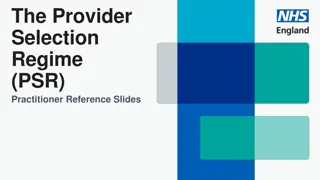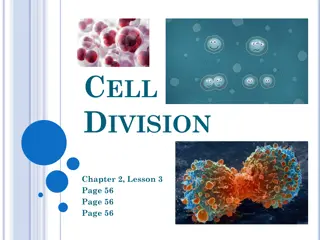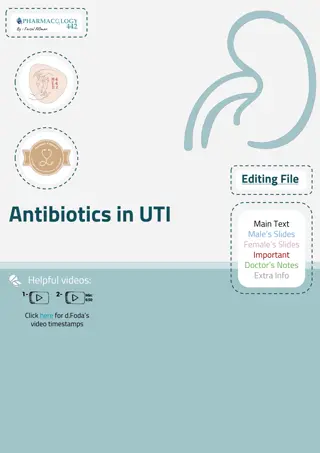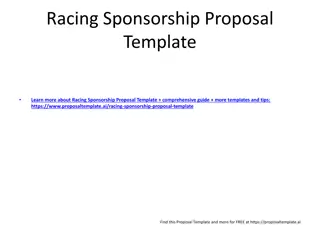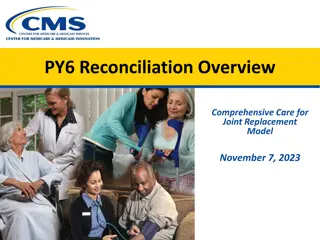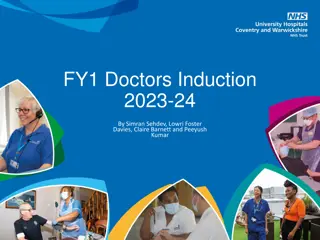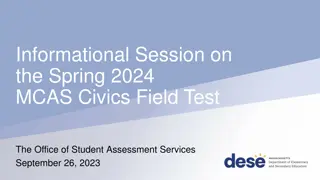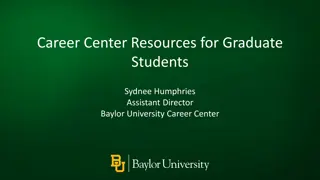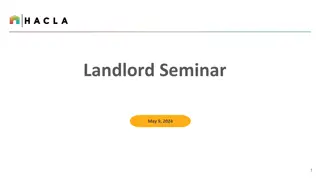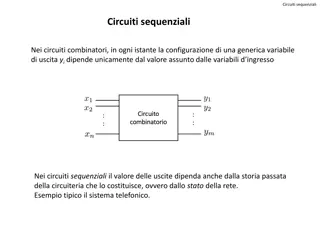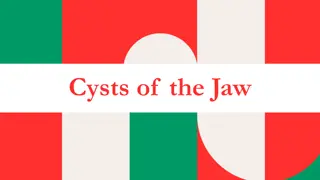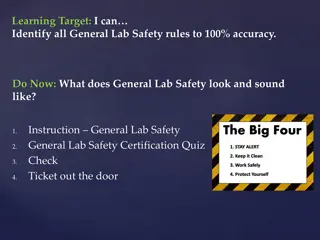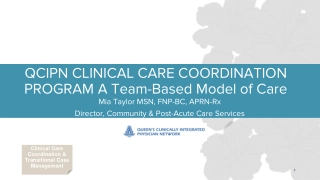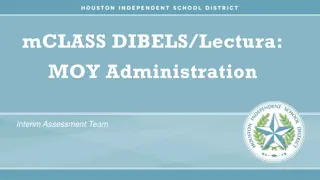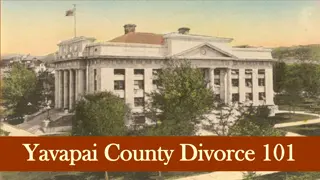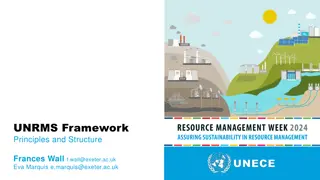Understanding Plagiarism: A Comprehensive Overview
Plagiarism, specifically remix plagiarism and paraphrasing plagiarism, is discussed in detail, highlighting the act of presenting others' work as one's own without proper acknowledgment. It covers types of plagiarism, consequences, and examples to enhance understanding of this academic misconduct.
Download Presentation
Please find below an Image/Link to download the presentation.
The content on the website is provided AS IS for your information and personal use only. It may not be sold, licensed, or shared on other websites without obtaining consent from the author. Download presentation by click this link. If you encounter any issues during the download, it is possible that the publisher has removed the file from their server.
Presentation Transcript
REMIX PLAGIRISM Dr Uzma Malik Associate Professor Medicine FCPS Medicine ,FCPS Endocrinology King Edward Medical University
Plagiarism Plagiarism is presenting someone else's work or ideas as your own, with or without their consent, by incorporating it into your work without full acknowledgement. Definition To steal and pass off (the ideas or words of another) as one s own: to use (another s production) without crediting the source
Remix plagiarism Synonyms: Aggregator, Patchwriting, Hybrid plagiarism, Mosaic plagiarism, Mashup [plagiarism], Resourceful citer, Re-tweet [plagiarism] An unoriginal piece of writing composed of acknowledged or unacknowledged extracts from several different sources.
Remix plagiarism Remix plagiarism is the act of collecting information from multiple sources, combining into one work by paraphrasing, and then claiming it as your own work. This is considered plagiarism when there are no citations stating the sources of the information.
This form of plagiarism takes a range of material from diverse sources that touch on the same content and presents the ideas together as your own analysis, without citation. The wording will be slightly changed or perhaps even paraphrased accurately, but lack of citation presents the material falsely.
Paraphrasing plagiarism Paraphrasing means rephrasing a piece of text in your own words. Paraphrasing without citation is the most common type of plagiarism. Paraphrasing itself is not plagiarism so long as you properly cite your sources. However, paraphrasing becomes plagiarism when you read a source and then rewrite its key points as if they were your own ideas. Additionally, if you translate a piece of text from another language, you need correctly cite the original source. A translation without a source is still plagiarism, as you re using someone else s ideas.
EXAMPLE Original (Cronon, 1995) Go back 250 years in American and European history, and you do not find nearly so many people wandering around remote corners of the planet looking for what today we would call the wilderness experience. As late as the eighteenth century, the most common usage of the word wilderness in the English language referred to landscapes that generally carried adjectives far different from the ones they attract today. To be a wilderness then was to be deserted, savage, desolate, barren in short, a waste, the word s nearest synonym. Its connotations were anything but positive, and the emotion one was most likely to feel in its presence was bewilderment or terror. Incorrect (no citation) Before the 18th century, the word wilderness had very different associations than it does today. Far from being tourist attractions, wilderness areas were considered bleak, barren places that inspired fear and confusion landscapes to be avoided rather than actively
How to avoid Remix Plagirism To avoid Remix plagiarism, it is necessary for the student to rephrase and rewrite all those borrowed ideas in his or her own words and then cite each of them accordingly. The student should not just borrow and paste and remix those sentences within a paragraph since they will not escape the Turnitin software.
Consequences of plagiarism include: Destroyed Student Reputation. Plagiarism allegations can cause a student to be suspended or expelled. ... Destroyed Professional Reputation. ... Destroyed Academic Reputation. ... Legal Repercussions. ... Monetary Repercussions. ... Plagiarized Research. ..


